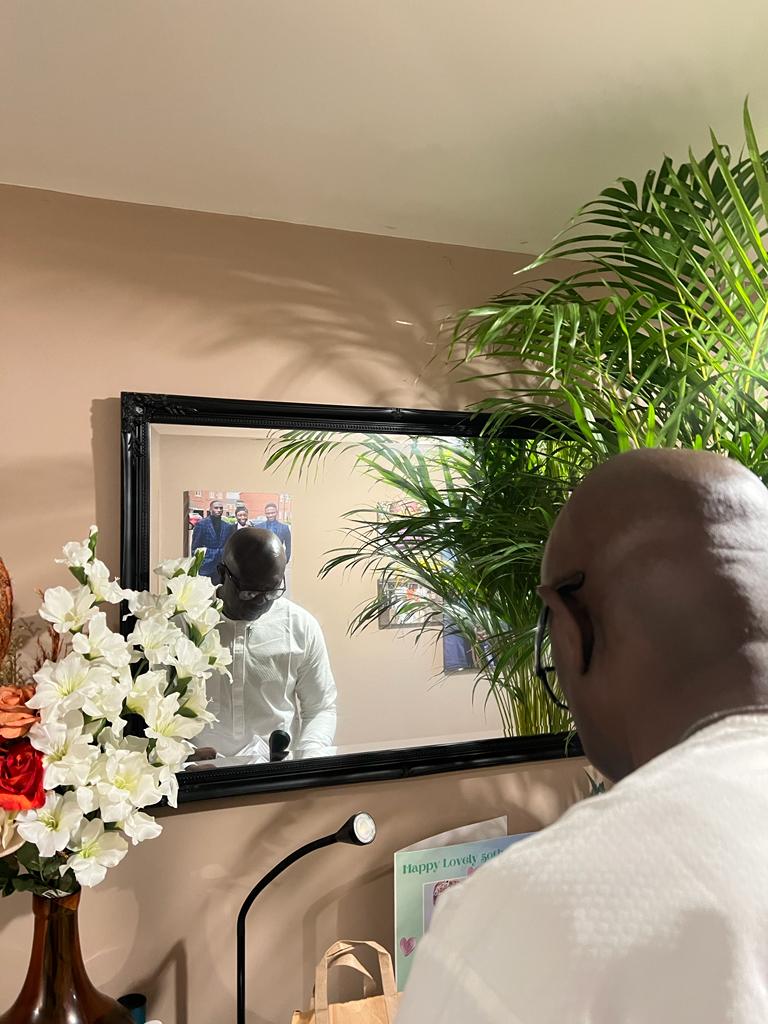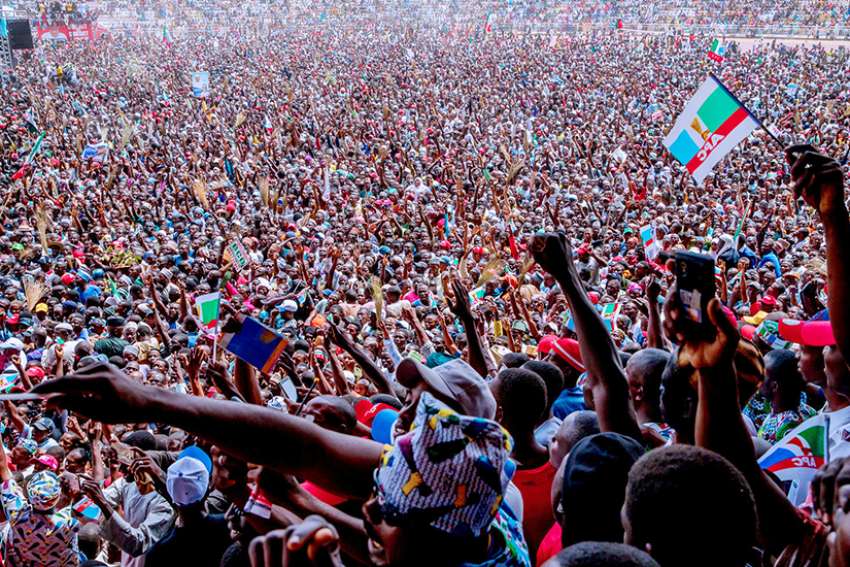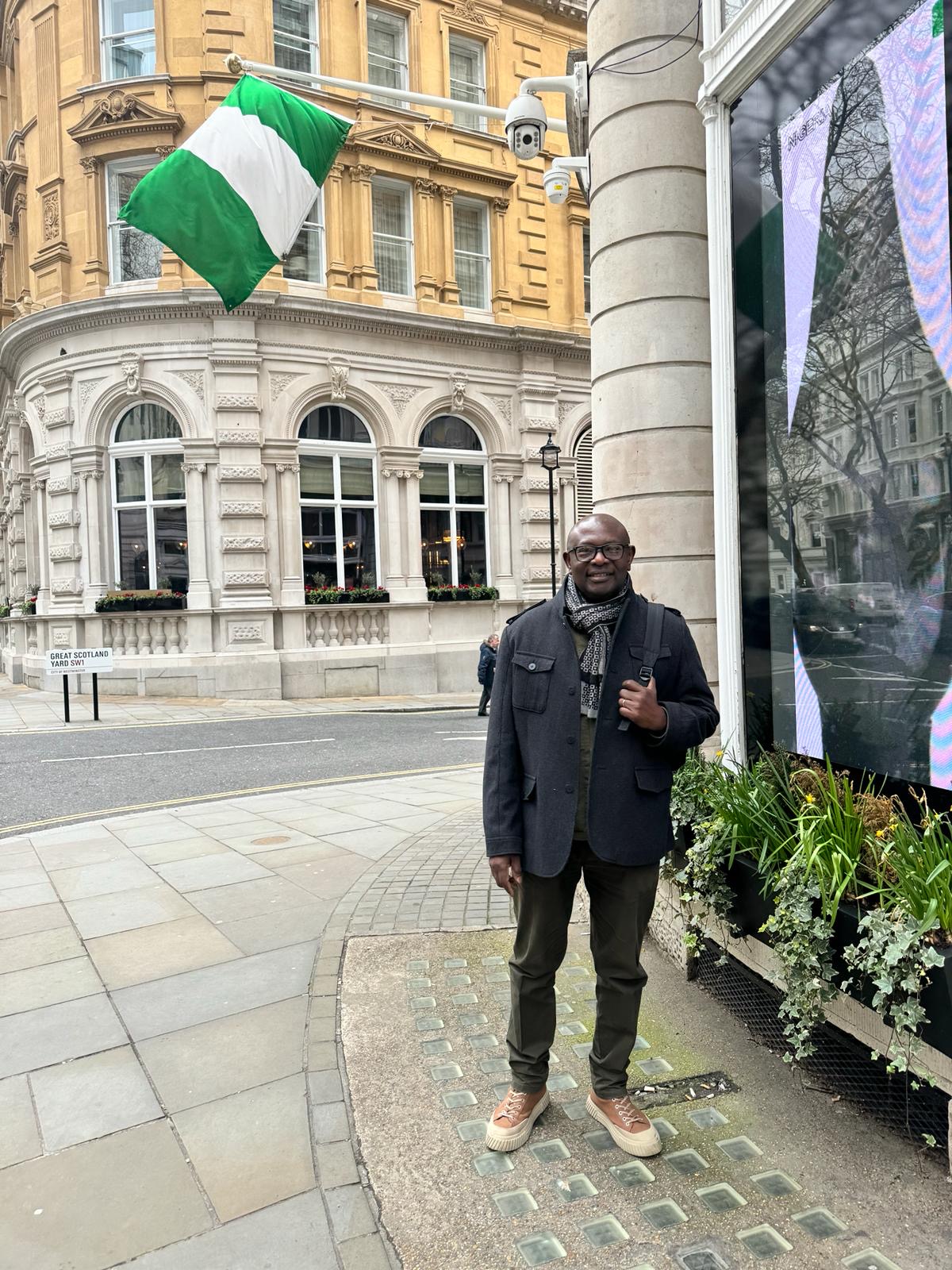By Morak Babajide-Alabi
Twenty-nine years ago today, June 12, 1993, Nigerians came out in large numbers to vote in a presidential election they thought would be the turning point in their country. Nigerians voted for MKO Abiola, but the military leaders voted to “walk back” the ‘wishes’ of the citizens as they annulled the election result. It was a dark phase in the political history of Nigeria.
To be honest not much has changed since June 12, 1993, except for the absence of the military men in power. Nigeria is still deep in the wood with no roadmap on how to walk out. They use the anniversary of June 12 to remind themselves that Nigeria had hope at a time.
Next year Nigerians will once again be voting in another Presidential election. The words “this election will make or mar the country” is gaining currency. The election is being presented as the determining factor for Nigeria’s survival and development. We hear this every four years. It is, however, sad that apart from the rhetorics, nothing changes after the elections.
It is legitimate to dream of a more decent future where an “ideal” candidate wins the election and changes the fortunes of the country and the citizens. The comic part is while we dream of a better tomorrow, we live today in the glory of yesterday. The same tactics are employed every four years. The selection processes are the same as they were ten or fifteen years ago. Nothing has changed that permits the hope the upcoming election will be different. But Nigerians love to live on hope than face reality or correct a situation.
Nigeria continues to operate as a democracy that places little or no emphasis on ideologies but on finances. The citizens listen to a set of politicians that has been on the scene for many years. They tell them identical stories without solutions to the myriads of problems confronting the country. They watched every time as the youth who are supposed to be the heirs to the future cannot come together and engineer the road to development. They are loud in their demand for a splendid country but willing to align with the dreams of veteran political leaders. They care less as long as their palms are greased. What is ideology, anyway?
In Nigeria, an election is as significant as the previous one. The lessons of the preceding elections are lost as soon as the winner is announced. It is the same pattern. Here comes 2023. Once again, the citizens are going through the motions again.
For the past three months, I have absorbed myself in the political developments in the country and listened to speeches of the men and women holding the political cards. I listened to the pretenders, the wannabes, the “flow with the wind” citizens and the political party members. The first set is the one that determines the political direction of Nigeria. They speak in parables, and you have to be a student of Nigerian politics to understand. Their body languages are opposite of what they declare. But these are the power brokers. And they have said more than enough in recent times.
I have watched every available clip of the three leading Presidential candidates – Peter Obi, Abubakar Atiku and Bola Tinubu. They offer diverse perspectives and solutions to the problems of Nigeria. Above all, they think they are capable of ruling. It is worthy of note that theirs is not different from the same thought process the past leaders who ruled and failed had. Nigerians are listening to them, depending on their choices.
The problem is that the citizens align with candidates from their regions without listening to the others. So no matter the lofty assertions of the other candidates, they may be lost on citizens, not from their tribes. The citizens select who to listen to or vote for depending on what part they are from. The wisdom of listening to the plans of all candidates is for the patriotic Nigerians. And there are not many.
It is the south versus the west, the north versus the east. Nigerians fail, every election cycle, to look at the attributes of the candidates from outside their ethnicity. Which of the candidates has the track record? Which of them has the grand plan for Nigeria? Who can lead in the technology age or adapt to modern leadership? Who can save the country from the impending doom? Who is best to make Nigeria great again? Who will be accepted by the West or East and not seen as a continuation of the past? Who will chart a new course for Nigeria? Which of them can ‘reduce’ corruption? Who will lay the secured foundation for the unborn Nigerians? Who among them will strive to revive the dead giant?
Will it be business as usual? Will it be “my kinsman” politics that the country has engaged in for the past 50 years? Are Nigerians continuing with the same mentality and expecting a change to happen?
Going by the recent conventions of the political parties, it is a pity that much is still left to desire. The accusations of bribery and promises of choice political posts to win the primaries are indications of the unwillingness to move forward. I heard people speak from both sides of their mouths before, during and after the conventions. They were vociferous in their condemnation of candidates a few weeks ago but are now the promoters. Why? Because they claim “it is the turn of their region to rule.” At this point, you wonder when this reality dawned on them. They maintain that the dream of a micro-nation is about to become a reality. And the candidate, according to them, has emerged to clear the way for this.
Until there is individual rebirth, the Nigerian nation will continue to move in circles. I cannot recognize any individual rebirth in the nearest future. In an article published on 18th August 2018, Nigeria Will Change, When There Is Individual Rebirth, I wrote: “Change does not come in a vacuum, it has to be produced. And no society can be changed without changing the individual. The Nigerian has to change himself before the society he lives in can change. And this is the mistake the agents of change are making, thinking change is something that can be achieved overnight. It has to be a steady process, with adequate plans and processes.”







